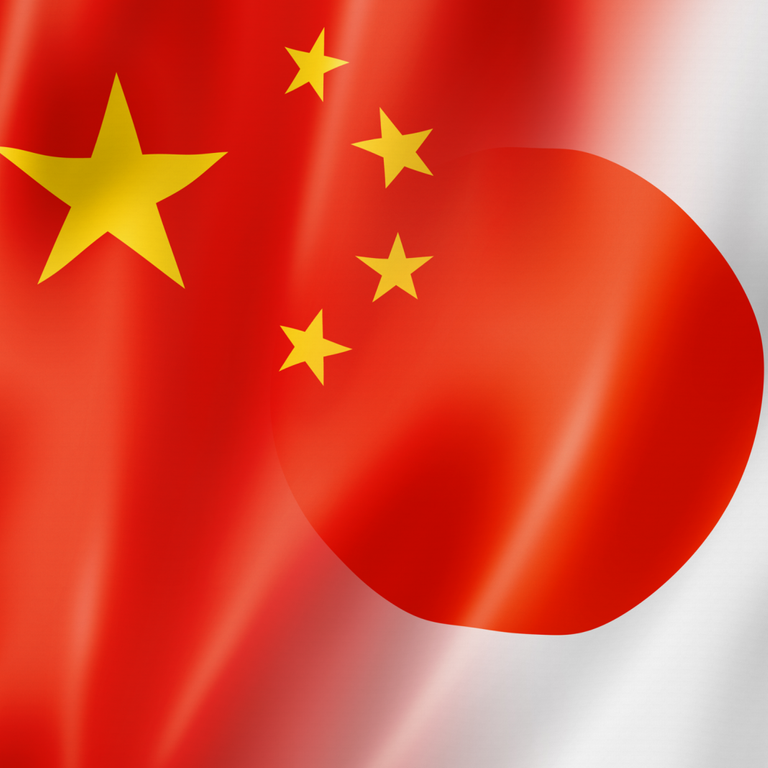Following the crackdown by the Chinese government last month, bitcoin exchanges in China are looking to continue their businesses in cryptocurrency-friendly countries. Nineteen chinese companies are reportedly applying for a license to operate in Japan, while others are considering Singapore, Hong Kong, and South Korea.
Chinese Exchanges Migrating Abroad
Chinese exchanges are reportedly seeking to migrate their operations to other Asian countries that are more cryptocurrency-friendly, following China’s clampdown on crypto trading and initial coin offerings (ICOs). According to Bloomberg:
They’re applying for licenses in Japan — solo or via partners — setting up over-the-counter shops in Hong Kong, or laying the groundwork to operate from Singapore and South Korea.
Hong Kong-based Lennix Lai, the financial market director for Okex exchange, believes that there is enough demand. He said, “as formerly one of the biggest operators in China, we think we have a good chance of competing globally.”
Licenses and Partners in Japan
Japan legalized bitcoin as a method of payment in April. As a consequence of this legalization, cryptocurrency exchanges are required to register with the country’s Financial Services Agency (FSA). The agency granted licenses to eleven bitcoin exchanges in Japan for the first time last month. Out of the Chinese exchange seeking to operate in Japan, Bloomberg noted:
There’re at least 19 companies applying for a Japanese license.
Chinese Exchanges Seek Second Chance in Japan and Other Crypto-Friendly CountriesWhile some Chinese exchanges are applying for a Japanese license, others are looking for local partners. For example, the Hong Kong-based exchange, Binance, is looking for local partners and also considering acquiring an operational exchange, CEO Zhao Changpeng revealed. Beijing-based exchange Bixin has also expressed interest, the news outlet detailed.
Mike Kayamori is Head of Quoine, the Singapore-based exchange with a strong presence in Japan. He commented, “we’re talking to almost all of those guys. They’re all desperate now.” He expects to sign a deal with a Chinese partner by the end of this year, the publication noted, and quoted him saying:
There’s a lot of Chinese retail people reaching out to us, but we can’t handle it. So if a Chinese partner can handle all of those and they connect to us, that will be much easier.
Chinese Exchanges Seek Second Chance in Japan and Other Crypto-Friendly CountriesEarly this month, ECNC reported that one of Japan’s largest bitcoin exchanges, Coincheck, had received many requests from Chinese companies to list tokens on its exchange following China’s ICO crackdown.
“We are receiving hundreds of requests from Chinese startups and startups around the world asking us to list their tokens, after the Chinese government banned ICOs,” Kagayaki Kawabata, International Business Developer at Coincheck told Global Times. While he said Coincheck is careful about listing ICO tokens, he noted that “if Chinese tokens can meet the criteria that exchanges will set, Japan will be a great place to list tokens.”
Other Friendly Shores
Japan is not the only contender for Chinese exchanges to flee to. Some Chinese investors have “resorted to peer-to-peer trading over messaging apps like Telegram since the clampdown: basically Chinese investors can still buy from individuals who’ve access to overseas markets,” Bloomberg described.
Chinese Exchanges Seek Second Chance in Japan and Other Crypto-Friendly CountriesTo capture this market, bitcoin exchange Okex is setting up its own over-the-counter trading platform in Hong Kong, which Lai expects to attract customers primarily from China, Russia and the U.K. “They’re now trying to recruit people to act as third-party market makers, who’ll chaperone deals, make money off a spread and then split the revenue with Okex,” the publication detailed.
Additionally, some Chinese exchanges are turning to Singapore as a backup option. Recently, news.Bitcoin.com reported on the managing director of the Monetary Authority of Singapore (MAS), Ravi Menon, saying the central bank has no plans to regulate cryptocurrencies. The country is working on formalizing the payment services regulation which will affect some activities relating to digital currencies.
by Kevin Helms
Hi! I am a robot. I just upvoted you! I found similar content that readers might be interested in:
https://news.bitcoin.com/chinese-exchanges-japan/